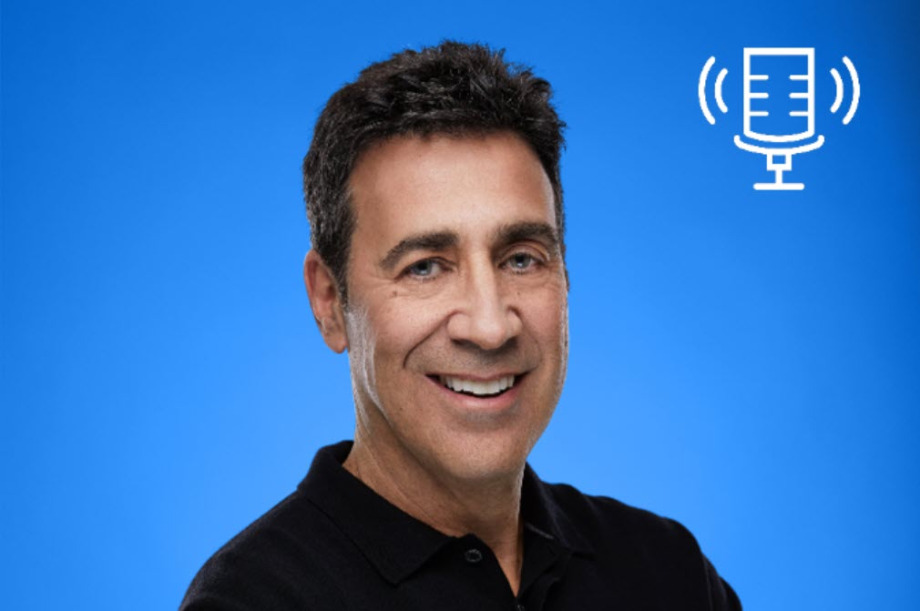Playing in the National Hockey League (NHL) — and the fame and fortune that come with it — is a dream for many young players. In reality, very few make the big leagues and even then, despite the rewards and recognition, financial success isn’t guaranteed.
There are several stories about professional athletes who make millions of dollars in their careers, in both salary and sponsorship deals, but lose most or all of it due to poor financial decisions.
In some cases, players are drafted with great potential but wind up benched either due to injuries or the intense competition for ice time, which can significantly curtail their earning power. Even non-injured, top-draft picks who play regularly have to have patience before collecting multi-million-dollar paycheques.
“It takes a few years before you’re getting professional dollars on the salary part of the contract,” says Bob McKee, managing director of RBC Sports Professionals, based in Vancouver.
McKee believes financial planning is critical for athletes once they turn professional, and should continue throughout their careers — both on and off the ice.
“Players should start thinking long term, and get on the right path from the beginning,” McKee says.
No guarantee for players
There is no “typical career” for NHL players, according to a study commissioned by RBC Wealth Management, together with The International Institute for Sport Business & Leadership at the University of Guelph, Ont.
The study, based on an examination of more than 11,000 NHL players, predicts only 42 percent of drafted players in the 2019-2020 NHL season will play a single game. And while players have the potential to earn between about $2.1 million to $11.3 million in an entry-level contract, 36 percent will earn a lifetime salary of $10 million.
The study says players drafted in Round 1 achieve the highest lifetime earnings, but there’s little variance among players drafted in Rounds two to five. Players who enter the NHL as free agents can also command sizeable lifetime earnings.
“These statistics are something to think about,” McKee says.
Getting financially fit
Sports is one of the few industries where professionals make most of their money early in their career. This means managing their earnings to ensure they last a long time — maybe even a lifetime — is critical.
It’s why professional athletes are urged to develop the same discipline with their finances as they do in their sport — and the earlier the better. Financial skills athletes pick up early in their career can help set them up for a successful future, regardless of how far their athletic career goes, McKee says.
For some, a signing bonus or contract payment could be their first real paycheque. While the dollar figure may be high, especially as their performance and experience improve, so too are the expenses, such as taxes and fees for a wide range of professional services, required to help them manage both daily activities and overall wealth.
What many young players may not realize at first is that, if they earn $1 million for example, it isn't going straight into their pockets, says McKee.
He says players should also plan for the potentially short-term nature of the profession. “With hockey, you can’t plan your future in the same way you might be able to as a doctor or a teacher or a banker,” McKee says.
Building a team off the ice
Most hockey players thrive thanks to a team of people, including fellow players, coaches and trainers who help them boost their athletic performance. When it comes to finances, players should consider a team of legal and financial advisors to build and protect their wealth.
“The more confident players are that their finances, tax and legal matters are in order, that’s one less distraction they’ll have when they’re out on the ice playing,” says McKee.
It starts with becoming financially literate, which helps players make the right investment decisions early on, says Boris Gluzberg, senior vice president and team leader in the sports and entertainment banking division at City National Bank.
“The biggest mistake is not taking responsibility for your money,” says Gluzberg, whose team is based in New York. “The responsibility is yours. It doesn’t matter how old you are or where you are in your career … Identify your support team as early as possible and educate yourself.”
He says players should begin focusing on finances as soon as they’re drafted and stick with it throughout their career, both during and after hockey. “You don’t have to be the highest-paid player to be successful, financially,” Gluzberg says.
Building a brand on and off the ice
Athletes should see themselves as the CEO of their own brand and appoint a “virtual board of directors” to help them build and maintain it, Gluzberg says.
“When you create that virtual board of directors, it strengthens you and your brand,” he says. It’s particularly important once a player starts to gain more ice time and, in turn, more celebrity.
“When you wear a jersey, everyone wants to be your friend,” he says “Use that to your advantage to build your brand and your network, and an increase in net worth may follow.”
He also recommends players seek out professional mentors, including more seasoned players, to help them make decisions about managing their money and personal brand.
Gluzberg often brings in seasoned players who are his clients to help mentor younger athletes about finances.
“It’s important to have an athlete ambassador who has been there and done it,” he says.
Protecting your personal brand
Having a financial plan in place is important, but players also need to manage the risk that comes with being a professional athlete or celebrity.
McKee says professional athletes, especially those with multi-million-dollar contracts, are approached regularly to make investments in startups, or by people looking to cash-in on an athlete’s income.
“They’re a target,” McKee says. He recommends players use advisors to help make the investing decisions that suit their financial goals. “Let us be the bad guys if necessary, if the answer is ‘no.’ We tell players they have a brand. It’s like a credit rating. you want to protect it with everything you’ve got.”
The strategies, advice and technical content in this publication are provided for the general guidance and benefit of our clients, based on information that we believe to be accurate, but we cannot guarantee its accuracy or completeness. This publication is not intended as nor does it constitute tax or legal advice. Readers should consult their own lawyer, accountant or other professional advisor when planning to implement a strategy. This will ensure that their own circumstances have been considered properly and that action is taken on the latest available information. Interest rates, market conditions, tax rules, and other investment factors are subject to change. When providing financial planning services, or engaging in any mutual fund related activities, private bankers are acting on behalf of Royal Mutual Funds Inc. Products and services such as GICs, personal and business banking, loans, and credit are products provided by Royal Bank of Canada. Royal Mutual Funds Inc. and Royal Bank of Canada are separate legal entities that are affiliated. Certain services may be provided by companies under RBC Wealth Management®. Royal Mutual Funds Inc. is licensed as a financial services firm in the province of Quebec. ® Registered trademark of Royal Bank of Canada. RBC Wealth Management is a registered trademark of Royal Bank of Canada. © Royal Bank of Canada 2019. All rights reserved.
This article originally appeared on CNB.com. City National Bank is an RBC company. This article is for general information and education only and was compiled from data and sources believed to be reliable. City National Bank does not warrant that it is accurate or complete, nor does City National Bank represent that the information provided, if followed, will provide a complete safeguard of your information. City National Bank maintains security procedures designed to help prevent unauthorized access to your accounts and your information.
This article is intended as general information only and is not to be relied upon as constituting legal, financial or other professional advice. A professional advisor should be consulted regarding your specific situation. Information presented is believed to be factual and up-to-date but we do not guarantee its accuracy and it should not be regarded as a complete analysis of the subjects discussed. All expressions of opinion reflect the judgment of the authors as of the date of publication and are subject to change. No endorsement of any third parties or their advice, opinions, information, products or services is expressly given or implied by Royal Bank of Canada or any of its affiliates.



















